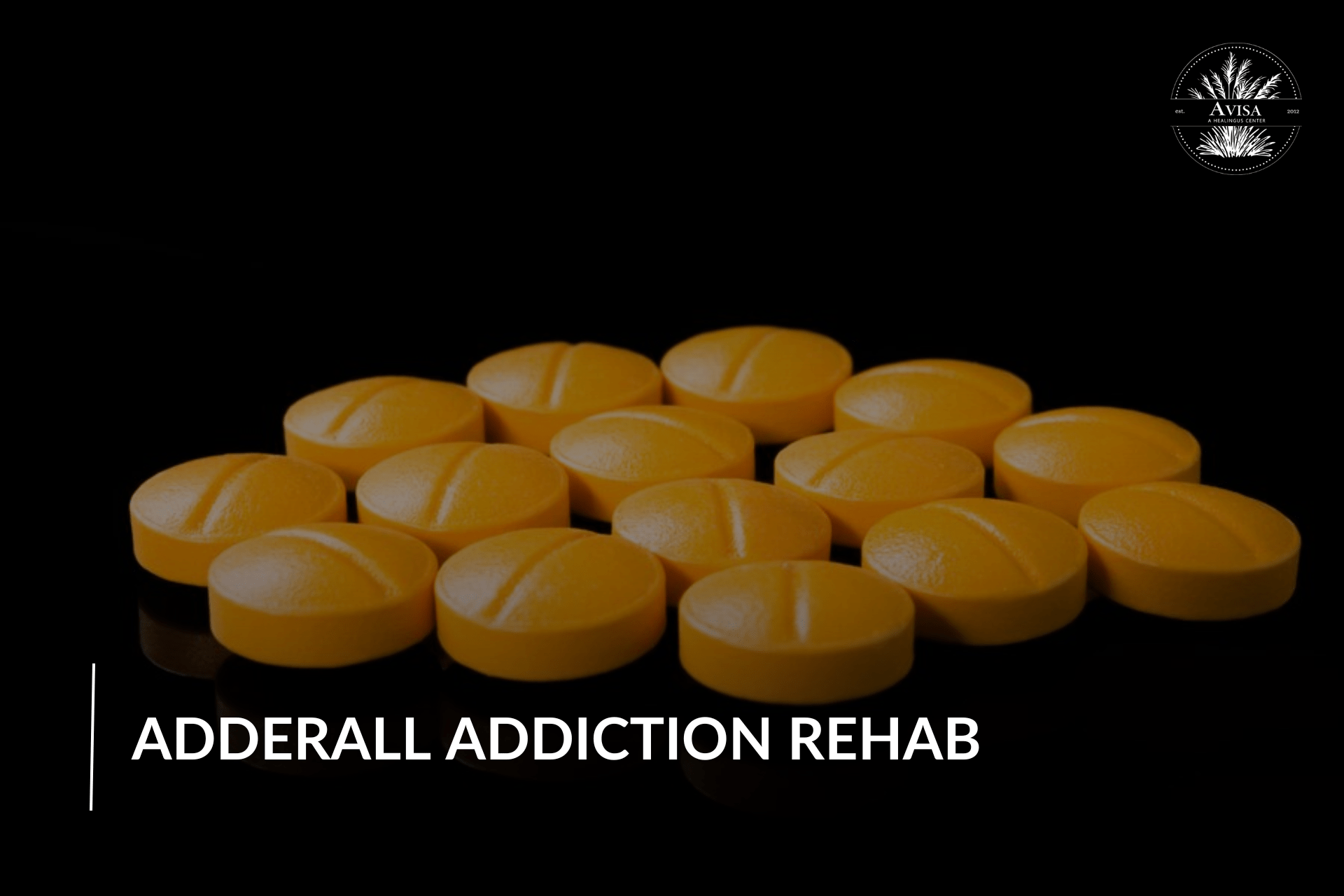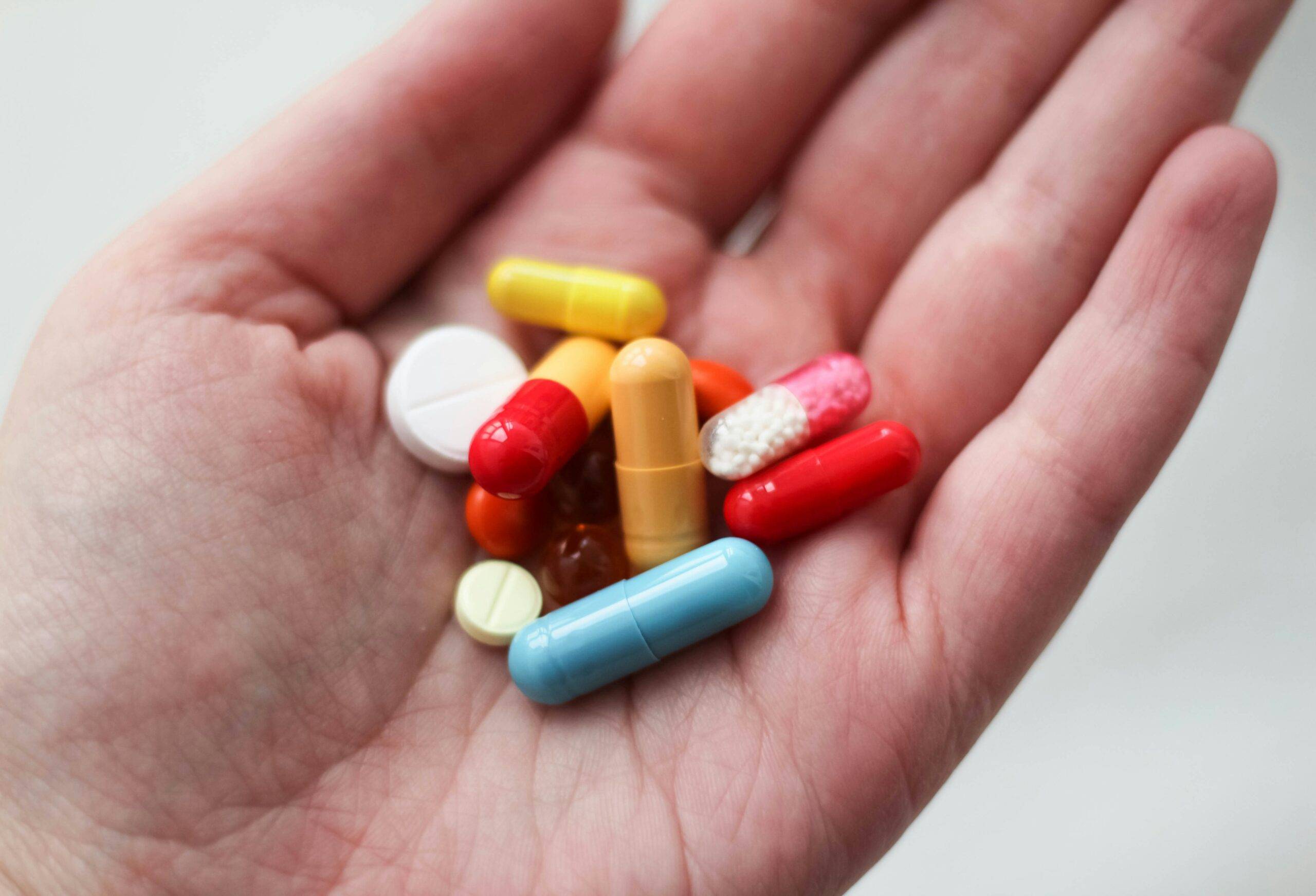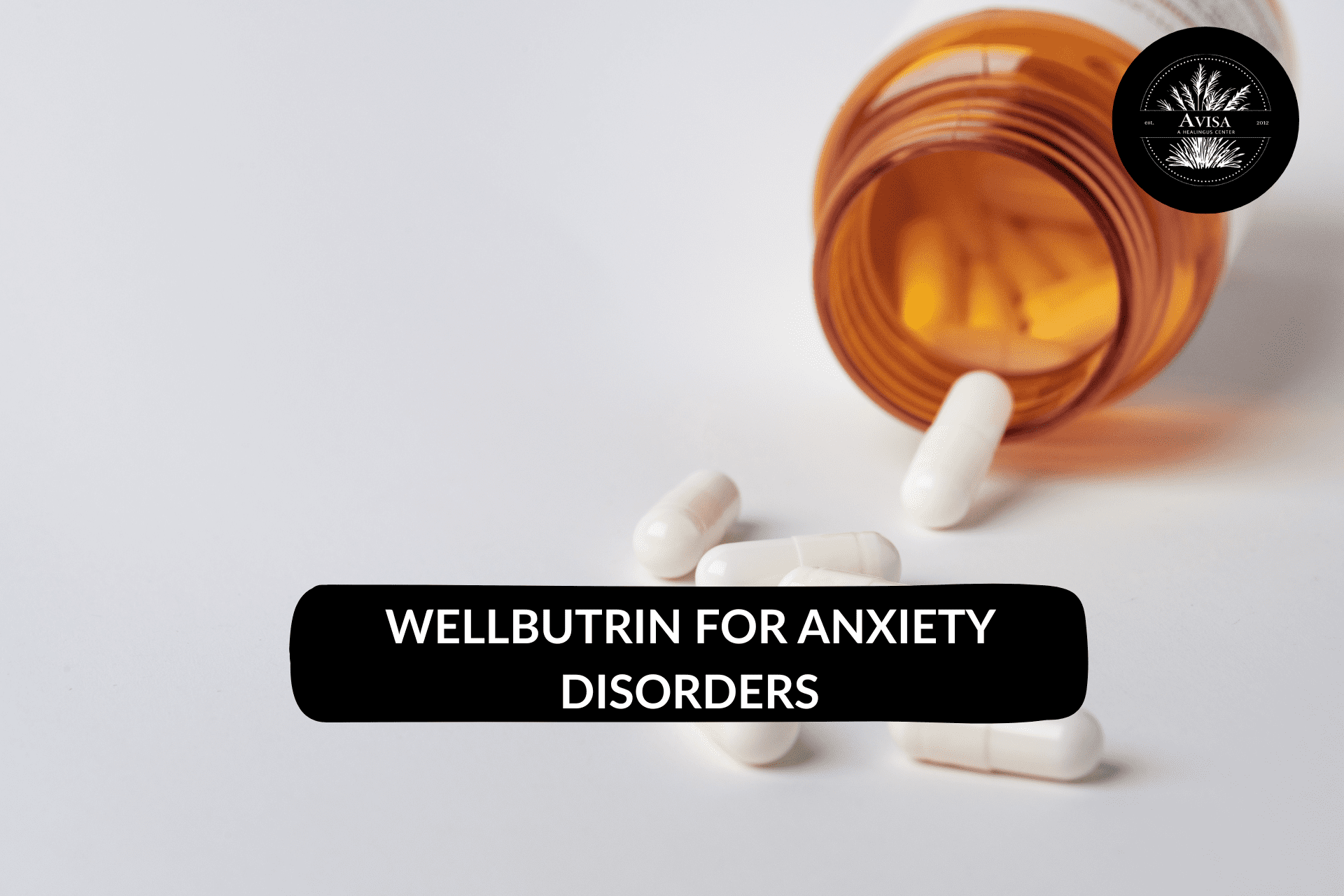Adderall addiction rehab is an important step for anyone who feels stuck with this powerful drug. Adderall abuse is a growing issue in the U.S., with many high school and college students misusing it to enhance academic performance. According to the National Institute on Drug Abuse, around 5 million people misuse prescription stimulants like Adderall each year, many of them students. While it’s meant to help people with ADHD focus, taking it without a prescription can lead to addiction and severe health risks.
Treatment for Adderall addiction typically involves managing withdrawal symptoms like fatigue and depression, which are tough to handle without professional help. Detox programs often use a taper-down strategy to reduce the drug in the body gradually. In this blog, we discussed the growing issue of Adderall abuse and how professional treatment plays a leading role in recovery.
Find Help for Adderall Addiction Now
What is Adderall Addiction?
Adderall addiction happens when a person becomes physically and mentally dependent on the drug, often taking it in higher doses or without a prescription. Adderall is a stimulant used to treat ADHD, but when misused, it can lead to addiction because it increases dopamine levels, making people feel good and more alert. Over time, users need more of the drug to get the same effects, leading to tolerance and dependency.
A national study found that 5 to 35 percent of college students using Adderall without a prescription were at risk of developing an addiction. Unlike simple dependence, which is the body’s natural response to regular use, addiction involves an intense craving and inability to function without Adderall. Getting help from a therapist or treatment center can increase the chances of successfully quitting.
Common Signs of Adderall Addiction:
- Unable to stay alert without using Adderall
- Experiencing withdrawal symptoms, such as fatigue, when not using it
- Continuing to take the drug despite awareness of its harmful effects
- Spending significant time and money obtaining and using Adderall
- Struggling to complete tasks or focus without the drug
- Urge to take higher doses to achieve the same effects
- Neglecting other activities in favor of using Adderall
- Wanting to cut back on use but finding it difficult to do so
Addiction typically begins as an attempt to enhance productivity, and some individuals may even fake ADHD symptoms to secure a prescription.
How Does Adderall Affect the Brain?
Adderall affects the brain by increasing levels of dopamine and norepinephrine, enhancing focus and concentration. Dopamine is a neurotransmitter that controls the brain’s reward center. People with ADHD often have lower dopamine levels, leading to a constant need for stimulation. Norepinephrine, a stress hormone, helps focus, alertness, and clear thinking.
The positive effects of Adderall include improved focus, decreased restlessness, and better control of impulsive behavior for individuals with ADHD. It can also increase alertness and wakefulness. However, there are adverse effects as well. Users may experience nervousness, restlessness, headaches, sleep problems, heart palpitations, increased anxiety, sweating, nausea, and vomiting. In severe cases, it can lead to delusions, hallucinations, or other symptoms of psychosis.
Adderall is classified as a Schedule II controlled substance due to its potential for abuse and addiction. Users need to recognize the risks and consider Adderall addiction rehab if they find themselves misusing the drug.
Types of Adderall Addiction Rehab Programs
Adderall addiction is subject to cure using various methods, such as counseling and behavioral therapy. Treatment plans should be tailored to individual needs, addressing not just the addiction but also any related mental health issues like anxiety or depression.
Standard treatment options for Adderall addiction include:
Inpatient Treatment
This provides 24/7 care in a residential setting, structured days including therapy, counseling, and supervision.
Outpatient Treatment
These programs vary in intensity and can include traditional rehab, partial hospitalization programs (PHPs), intensive outpatient programs (IOPs), and telehealth services.
Aftercare Programs
These help individuals maintain their recovery after treatment, offering support through sober living facilities, ongoing therapy, and groups like 12-step programs.
Effective treatments often use behavioral therapies such as:
Contingency Management
This method rewards individuals for staying drug-free.
Community Reinforcement Approach
Clinicians assist patients in changing life aspects that interfere with their recovery.
Cognitive Behavioral Therapy (CBT)
This therapy helps individuals recognize and manage situations that could lead to drug use.
Matrix Model
This structured therapy combines individual counseling, family education, and social support.
American Addiction Centers (AAC) offers accredited treatment facilities across the U.S. that can address Adderall addiction, polysubstance addiction, and co-occurring mental health disorders. For those seeking help, Adderall addiction rehab can provide essential support and resources for recovery.
Find the Best Adderall Addiction Rehab Now
Understanding Adderall withdrawal, its symptoms, and treatment options is important for anyone wanting to overcome addiction. With the proper support and medical care, recovery is possible.
If you or someone you know is struggling with Adderall addiction, Avisa Recovery is here to help you in New Jersey. Our caring team offers personalized treatment plans to support you through every recovery step. Contact us today to learn more about our services and start your journey toward a healthier, drug-free life.
Tired of fighting addiction and mental health struggles?
Ignoring both deepens the struggle. Our holistic approach—detox, therapy, and medication-assisted treatment—can help you heal. Take the first step today.
FAQs: Adderall Addiction Rehab
Q: Is Adderall safe long-term?
A: Long-term use of Adderall can lead to misuse, heart issues, and mood swings. Some people may also face sexual problems, and children might experience slowed growth. However, when taken as prescribed, long-term risks are generally low.
Q: How long does it take for the brain to return to normal after stopping Adderall?
A: After stopping Adderall, withdrawal symptoms may start to lessen by week 3. Some issues like fatigue and mood changes can last longer. By weeks 4 to 12, normal brain function gradually returns.
Q: Does Adderall have withdrawal symptoms?
A: Yes, typical withdrawal symptoms include fatigue, tiredness, low mood, and feelings of depression. These symptoms usually begin a few hours after the last dose and are most vital in the early days of withdrawal.
Q: How many people take Adderall?
A: Adderall is a Schedule II stimulant, meaning it has a high potential for abuse. About 17.8 million people used prescription stimulants like Adderall in the past year.
Q: At what age should Adderall be stopped?
A: Adderall is FDA-approved for ADHD in adults, typically for those aged 55 to 65. People over 65 may need different medications.











